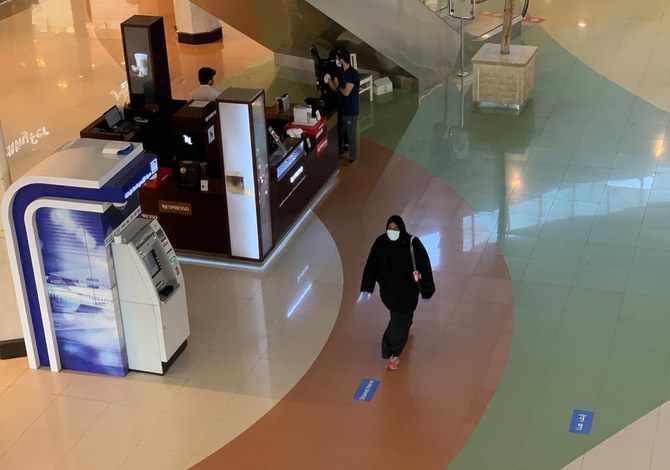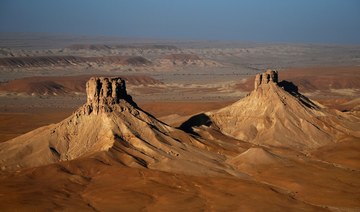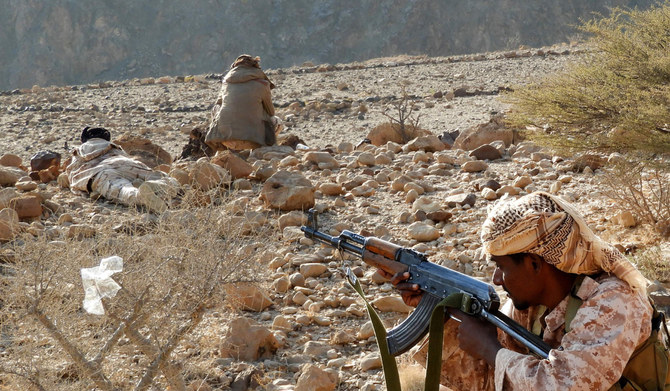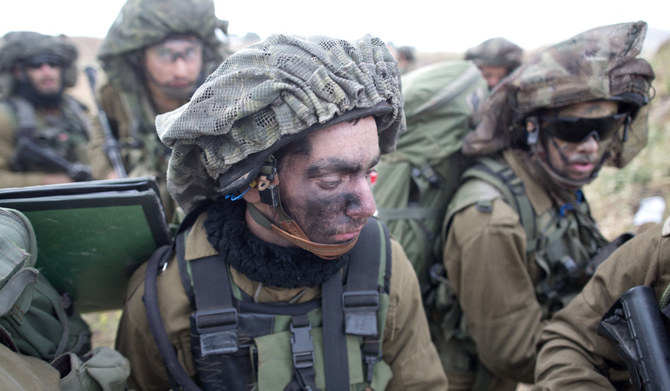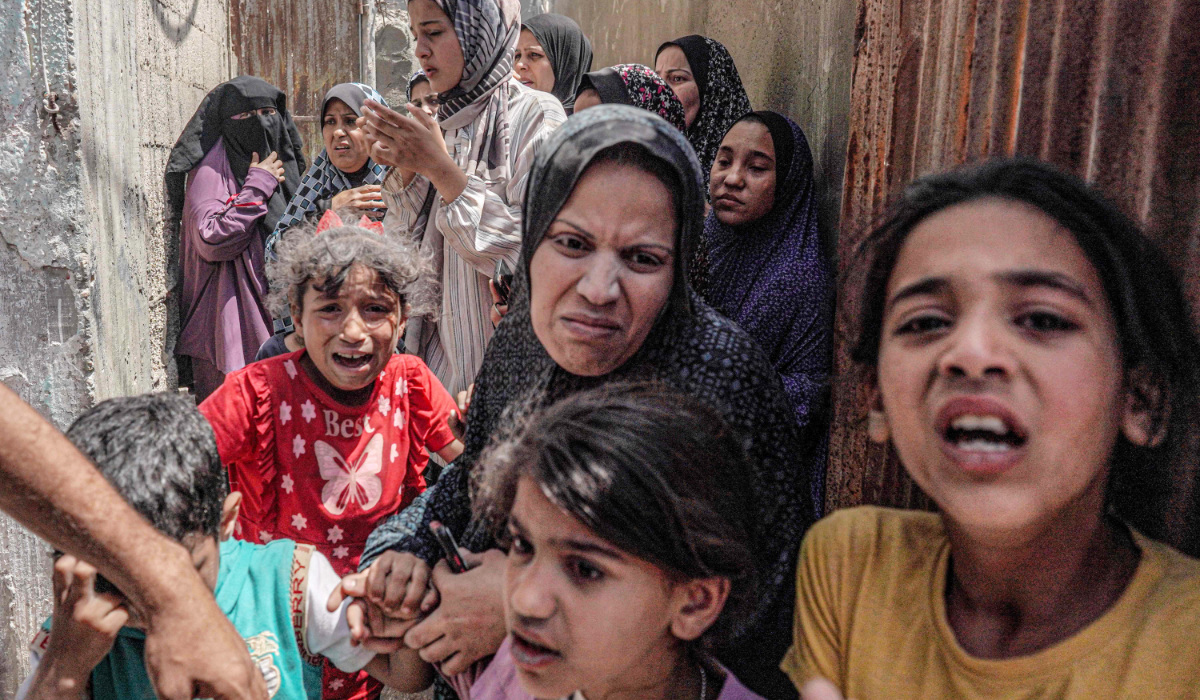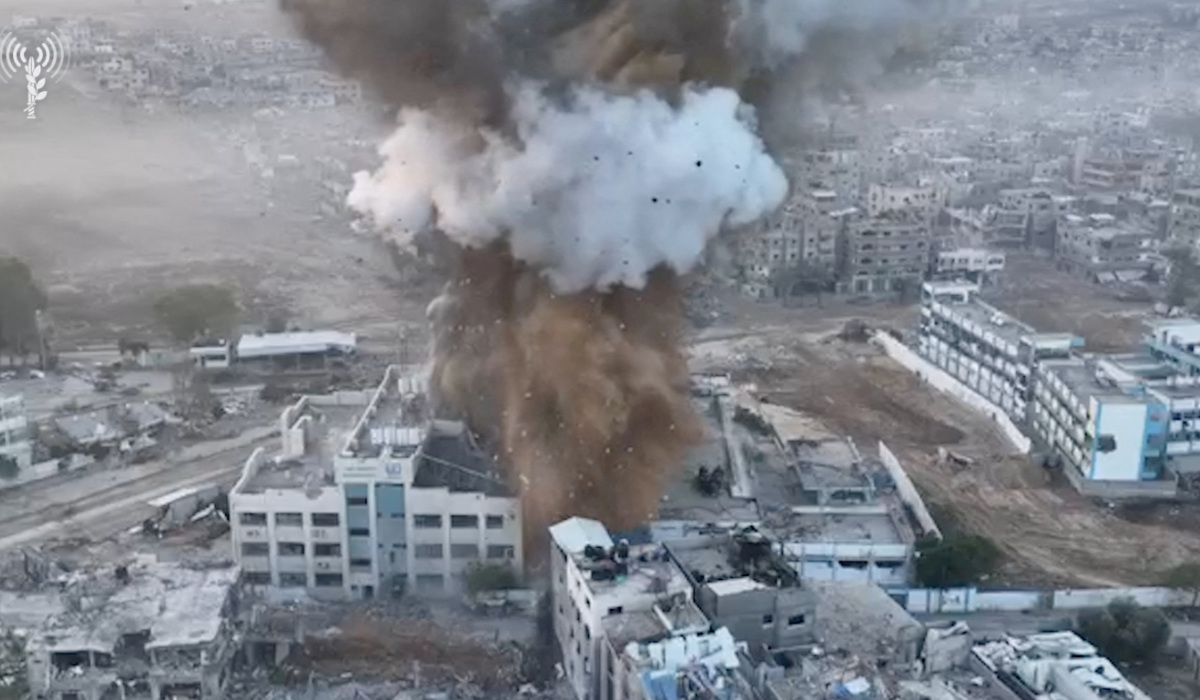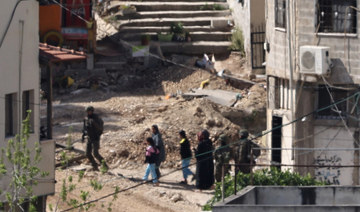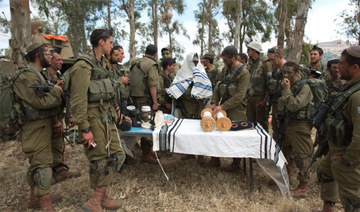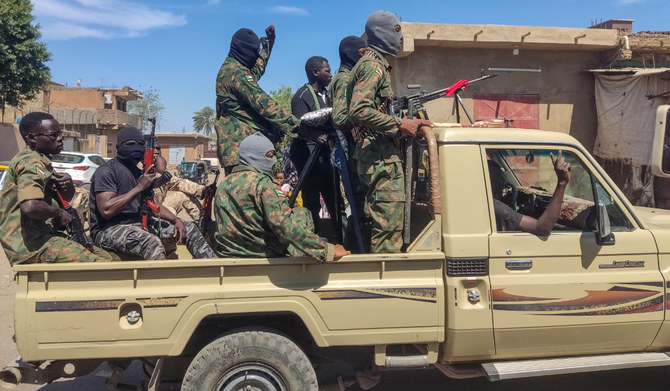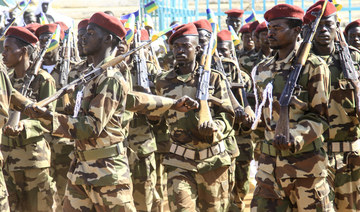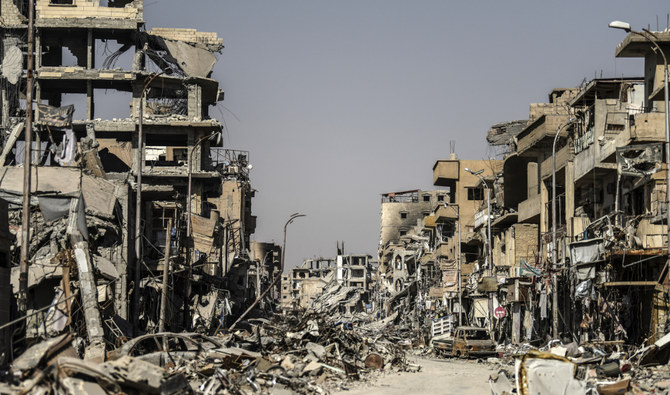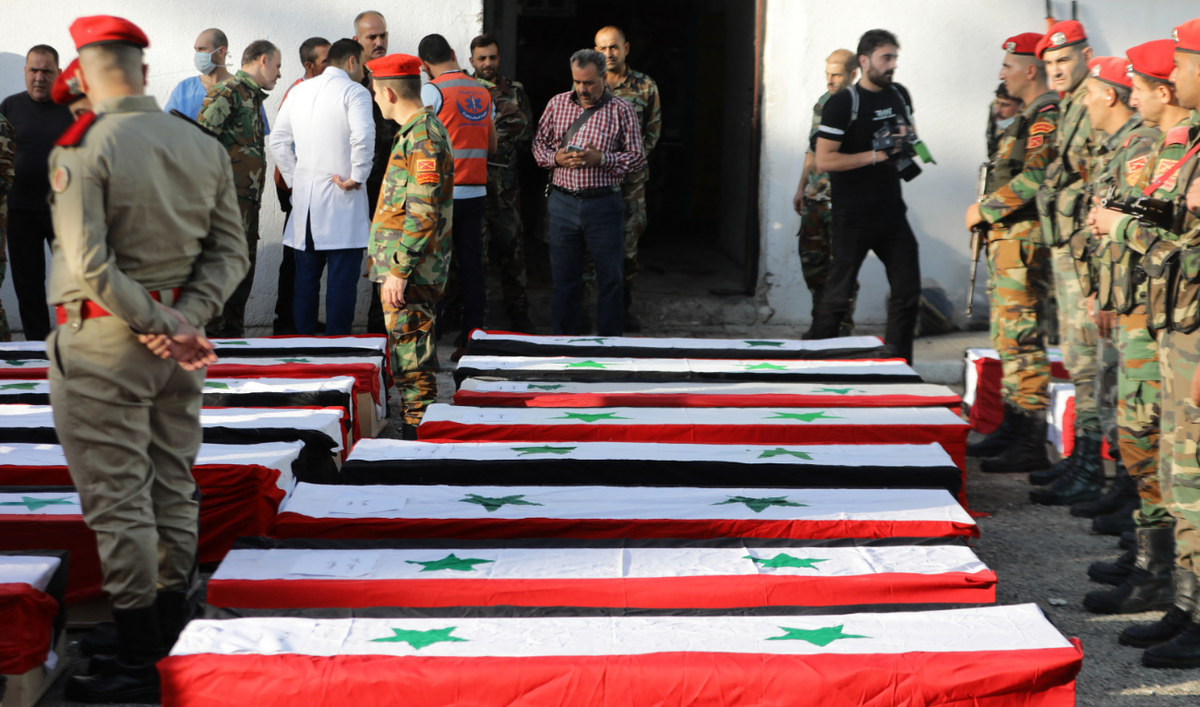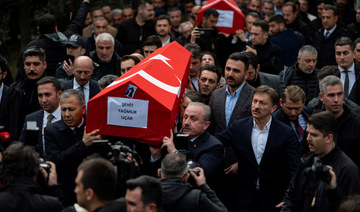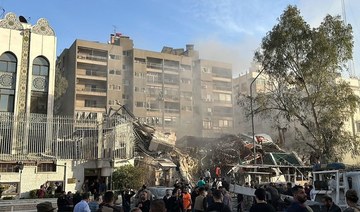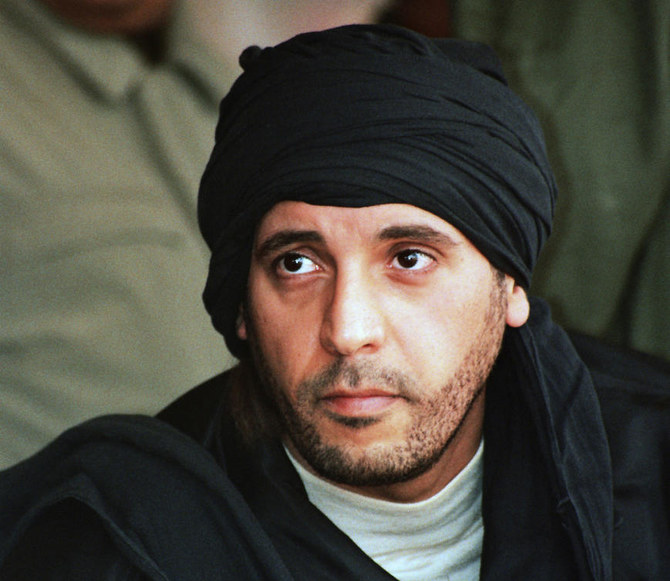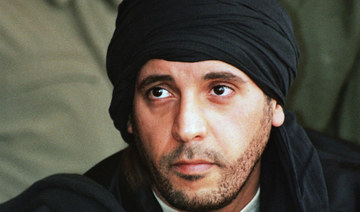DUBAI: Saudi Arabia has announced the resumption of internal flights starting Sunday and reopened mosques for Friday prayers as additional coronavirus regulations have been eased.
The Kingdom’s Minister of Human Resources has also said it is time for businesses to restart, while following health protection measures to continue the curb of COVID-19.
Jordan’s public sector will resume work in offices as of Tuesday, after more than two months of a state of emergency across the country.
Meanwhile, Dubai has continued relaxing regulations and extended free movement hours to 6 a.m. until 11 p.m.
May 27, 2020, Wednesday (All times in GMT)
17:45 - A fire broke out in a hospital on Wednesday in Bangladesh's capital, killing five coronavirus patients, a fire service official said.
Five bodies were recovered from the makeshift isolation unit of the United Hospital to treat COVID-19 patients, said Zillur Rahman, a director of the fire service.
It was immediately not clear what caused the fire, he said.
16:00 - Italy's COVID-19 death toll rose by 117 versus a rise of 78 on Tuesday, meaning the country now has a total of 33,072 confirmed infections.
15:20 - World Health Organization's Tedros says many countries have identified where their gaps in pandemic preparedness but financing has not materialized, and says the world is still "vulnerable."
14:40 - France says its virus tracing app is now ready to go, the French parliament is ready to vote on its usage.
14:00 - As Mediterranean beaches and Las Vegas casinos laid out plans to welcome tourists again, South Korea announced a spike in new infections Wednesday and considered reimposing social distancing restrictions, revealing the setbacks ahead for other nations on the road to reopening.
13:45 - The doggies and kitties of a Cairo veterinary clinic have an important message, and they are taking it to the internet.
Don't abandon us. We don't spread the coronavirus.
"We started this campaign after noticing that there were many people leaving dogs and cats outside our clinic," explained veterinarian Corolos Majdi at the Animalia clinic in the Egyptian capital.
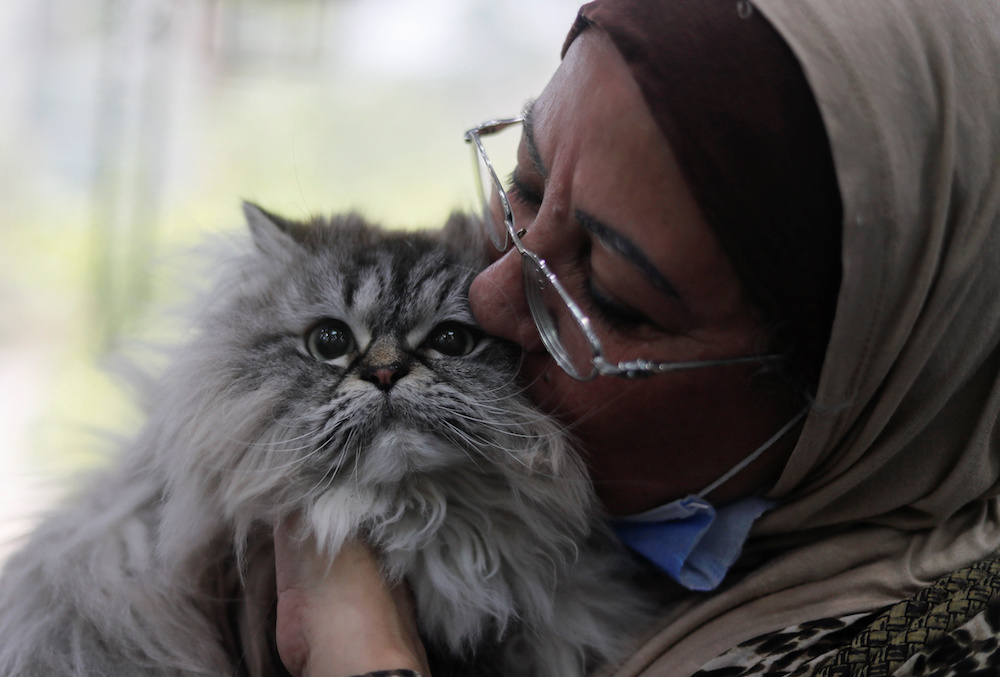
13:35 - Germany's Chancellor Angela Merkel said on Wednesday it has to be made clear that the coronavirus pandemic is not over and basic measures such as social distancing and wearing face masks are still needed.
13:26 - Dubai’s Crown Prince Sheikh Hamdan bin Mohammed announced that 50 percent of the emirate’s government employees will return to work on Sunday and all of them as of June 14.
12:35 - Saudi Arabia’s Ministry of Health announced 14 deaths from COVID-19, 1,815 new cases of the disease and 2,572 new cases of recovery from it on Wednesday.
10:43 – Qatar has confirmed 1,740 new coronavirus cases, bringing the total number of infected people to 48,947.
10:29 – Oman will on Friday end a lockdown of its Muscat governorate - which includes the capital - that has been in place since April 10 as the sultanate eases its coronavirus containment measures, the state news agency reported on Wednesday.
09:46 – Kuwait has detected 692 new coronavirus cases, increasing the total caseload to 23,267.
09:38 – Oman has confirmed 255 new coronavirus cases, bringing the total number of infected people to 8,373.
08:51 – Indonesia reported 686 new coronavirus cases, bringing the total number of infections in the Southeast Asian country to 23,851, a health ministry official said on Wednesday.
08:46 – British small businesses have borrowed more than $22 billion under a government-guaranteed coronavirus credit programme during its first three weeks of operation, outpacing bank lending under other schemes for bigger firms.
08:35 – Turkish Airlines, which halted nearly all of its passenger flights as a result of the coronavirus crisis, may delay the delivery of some Boeing and Airbus planes, its chairman was quoted as saying on Wednesday.
08:27 – The Philippines’ health ministry on Wednesday reported 18 new coronavirus deaths and 380 additional infections, the highest single-day increase in cases in more than seven weeks.
In a bulletin, the ministry said total deaths have reached 904, while confirmed cases have risen to 15,049. It said 94 more patients have recovered, bringing total recoveries to 3,506.
08:20 – The French government on Wednesday banned treatment of COVID-19 patients with hydroxychloroquine, a controversial and potentially harmful drug that US President Donald Trump has said he is taking preventively.
06:00 – Global investment in energy is set to drop by 20 percent, or by nearly $400 billion, this year as demand plummets in the wake of the coronavirus pandemic, the International Energy Agency (IEA) forecast.
What the IEA called “an historic plunge” in new spending on all energy sources - from fossil fuels like oil and gas through to renewables like solar and wind - is caused by the biggest ever fall in demand for energy as economies try to edge out of the global economic lockdown brought about by the pandemic.
03:58 – New Zealand Prime Minister Jacinda Ardern said on Wednesday a draft blueprint on safely starting travel between New Zealand and Australia will be presented to both governments in early June.



